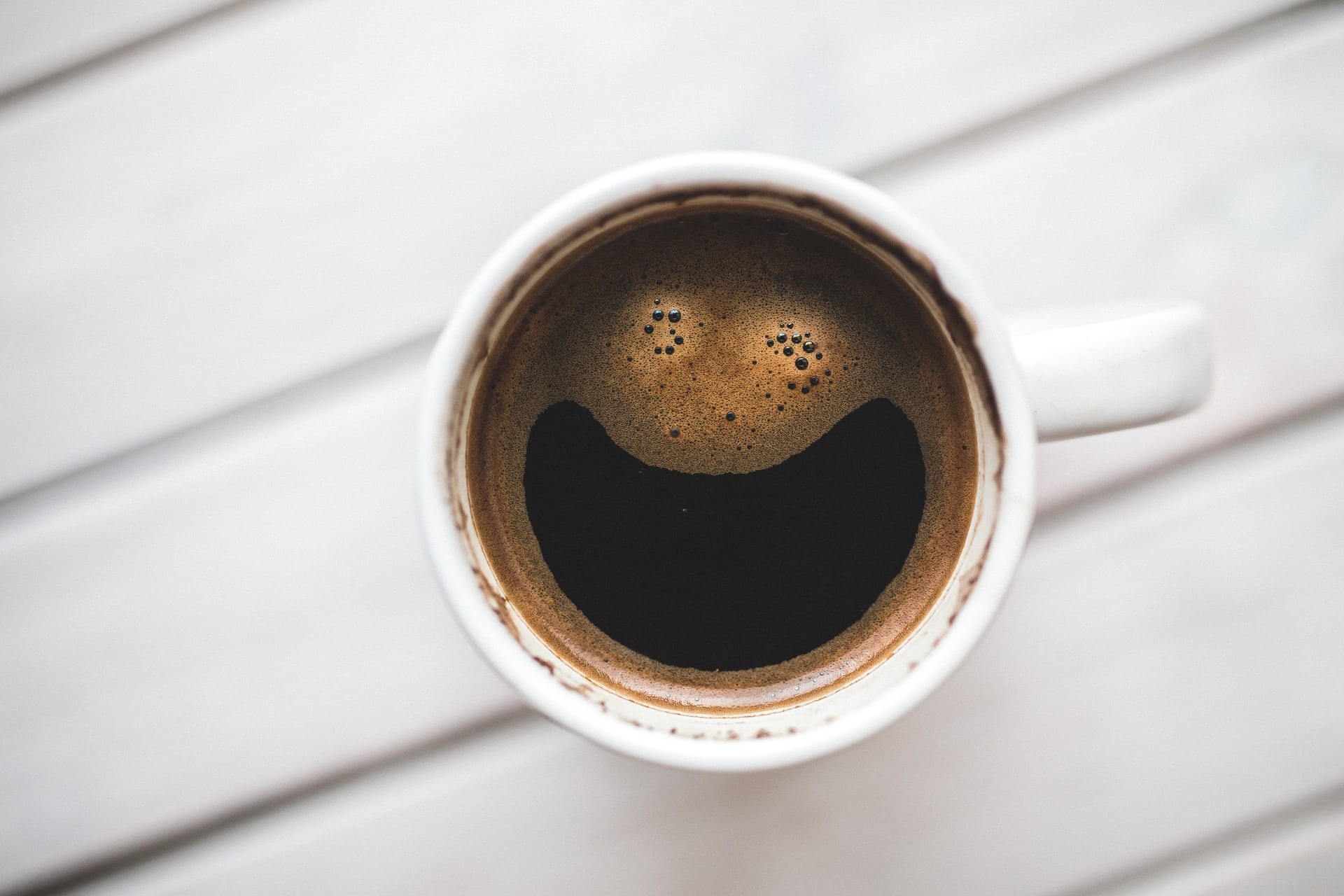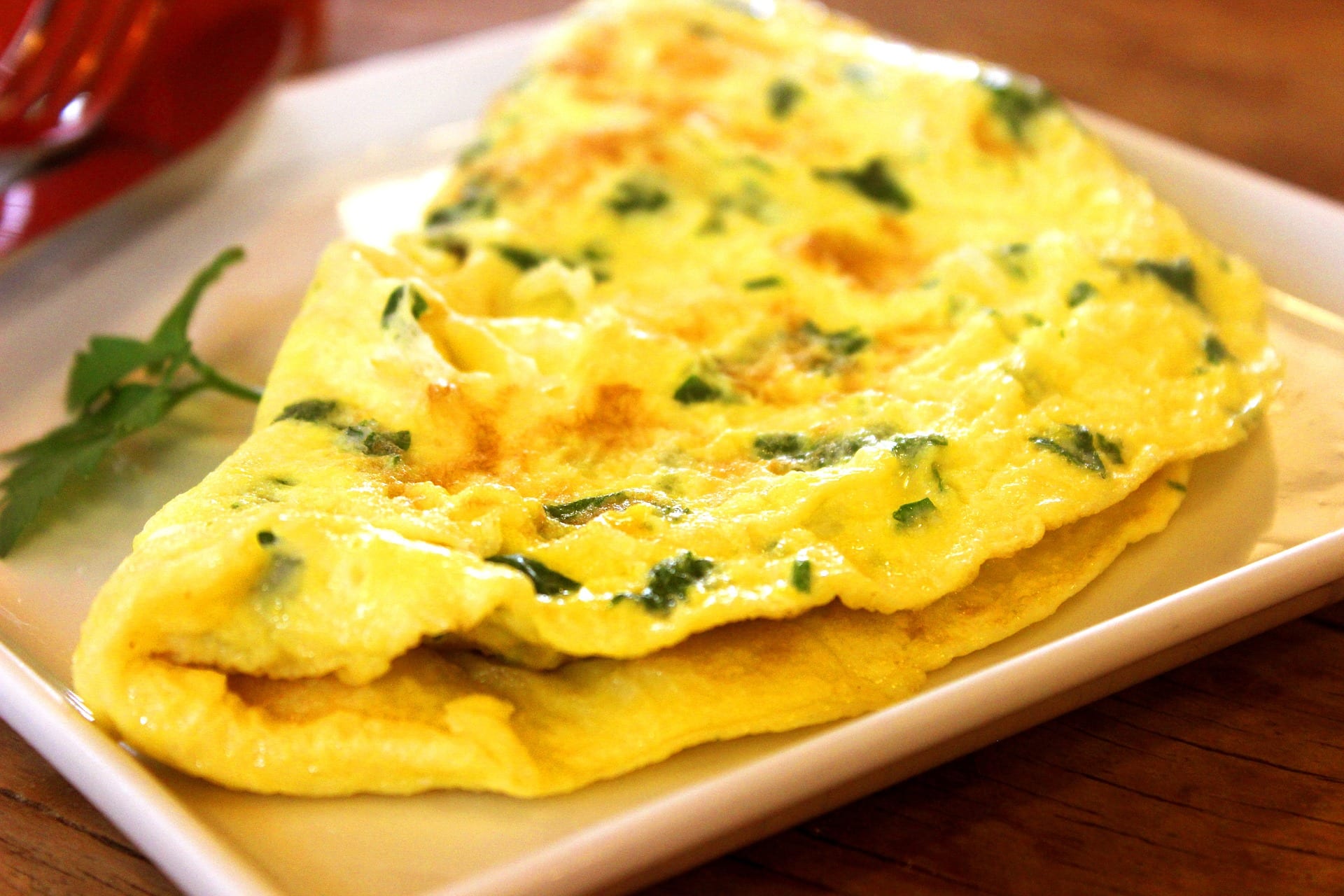How many times have we heard that breakfast is the most important meal of the day? Parents, doctors, scientists, and nutritionists all over seem to agree that a good breakfast is the key to unlocking our daily potential.
On the surface, it seems like a valid claim. While we’re sleeping, our bodies are still active, digesting food, repairing muscle tissue, and organizing thoughts from the day. All that work requires energy from food and water, neither of which we can provide while asleep. It makes sense that refilling our metaphorical gas tank upon waking would be good to restore what we lost overnight while also prepping us for the day ahead.
But is breakfast really the panacea we’ve been told it is? Can eating breakfast regularly really help you lose weight or stave off type 2 diabetes? Or worse, can skipping breakfast make you gain weight or negatively impact your cardiovascular health?
To put it simply, it’s complicated.
The Myth: Breakfast is the most important meal of the day.

The good news for habitual breakfast-skippers is that there’s a good chance you’re no worse off than anyone else. While there is a mounting body of evidence suggesting that people who eat breakfast every day are healthier, there isn’t much proof that their good health is the direct result of their morning meal.
For example, people who eat breakfast are typically healthier, but people who eat breakfast also tend to have healthier habits in general, like diets high in fruits and vegetables and a regular exercise routine. Conversely, people who skip breakfast also tend to smoke or drink more alcohol.
If it’s your metabolism and weight that are worrying you, breathe easy. The idea that breakfast jump-starts your metabolism in the morning is a myth. The times of day you eat, or even how often you eat, don’t affect how you burn your calories throughout the day. All that matters is the number of calories you consume in a 24-hour period.
As for weight gain, it’s true that if you skip breakfast you’re more likely to overeat at lunch. However, you likely won’t eat enough to overcompensate for the “loss” of calories you experienced by skipping breakfast. In fact, some studies suggest that skipping breakfast may even be beneficial for weight loss. It can reduce your daily caloric intake by up to 400 calories!
There are many exceptions to these rules. People with special medical conditions, like high cholesterol, diabetes, or heart problems, should always defer to the advice of their doctor regarding whether or not they should eat breakfast. Dieticians also recommend that children eat a good breakfast each morning. Skipping breakfast has been linked to poorer academic achievement and may hinder a child’s development.
[the_ad_group id=”151″]
It’s not whether you eat breakfast, but what you eat for breakfast that matters.
If you asked a nutritionist whether it would be better to eat a donut for breakfast or nothing at all, they would most likely suggest you skip the meal entirely. If you’re a healthy adult, breakfast largely boils down to personal choice, but if you are choosing to eat breakfast each day, be sure to get the most bang for your buck and eat a breakfast that’s going to help you, not hurt you.
So, whether we eat breakfast or not doesn’t matter much. If we do, however, what makes a good breakfast? For once, the answer actually is simple: Protein! A high-protein breakfast will keep you full and energized all morning, far better than that donut would. It’s even possible that a high-protein breakfast could help reduce caloric intake throughout the day, which may lead to weight loss.
Some high-protein foods you can make part of your morning meal include:

Eggs: A nutritional powerhouse, studies have shown that people who consumed an egg-based breakfast over a grain-based breakfast led to significantly more weight loss over time.
Chickpeas: This simple legume is one of the oldest consumed crops in the world, and it’s clear why they’re so popular! Delicious and versatile, chickpeas are also jam-packed with protein, manganese, and iron.
Oats: Of all the grains, oats are arguably the healthiest. They’re full of fiber and 15% of the calories from oats are from protein. Not bad!
Greek yogurt: While some varieties can be loaded with sugar, plain Greek yogurt not only tastes delicious, it’s a protein powerhouse! Add it to smoothies or liven it up with fruit and honey. Combining these protein-rich foods with fruits like bananas or berries, and vegetables like spinach or broccoli will give you plenty of the other vitamins and minerals you need from breakfast, like vitamin C and iron.
Want to make a healthy breakfast a priority? We’ll show you how. Try the Unexpected Journey in the Fabulous app.



